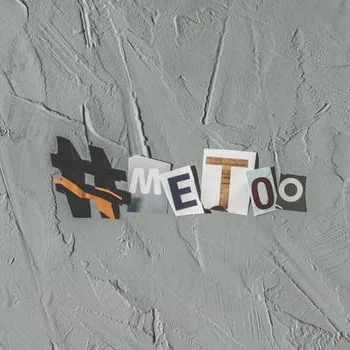From Future Shock to Brave New World: The Evolving Role of Artificial Intelligence in Jury Trials
By: Ken Wilton and Gina Ferrari
AI has the potential to be an invaluable tool for predicting decisions prior to trial and thereby reducing litigation costs. A brave new world of human and machine working together towards judicial economy is a world that should be welcomed by jurists, lawyers, and litigants alike.
Almost fifty years ago, Alvin Toffler published “Future Shock,” a book that described the impact of “too much change in too short a time.” While not the originator of the phrase, Mr. Toffler’s book continues to influence how we think about and approach change. For those of us who grew up fighting battles in the courtroom, an institution that has remained largely unchanged for hundreds of years, the concept of change and the future can be frightening.
So what to do?
The easiest approach is to pretend that, because cases today are tried with the same drama, oratorical skills, and arts of persuasion that we saw in the day of Clarence Darrow and William Jennings Bryan, nothing that changes in the outside world really impacts the cloistered caverns of wood and mustiness we call courtrooms. While it’s comforting to think that this world is not changing, the point of this blog is to discuss the more scary proposition: The easiest approach is wrong. Pretending that change isn’t coming will not keep change from coming; in fact, it’s already here.
In the Courtroom, Small Changes Will Make a Big Difference
Okay, so now that we have assumed something will change or is changing in the realm of litigation, what next? We think the changes that we see, and will continue to see, will not be monumental sea changes — think steel v. rock, gas v. steam, car v. horse — but rather a series of incremental modifications of process that will cause us to one day wake up and say “This is not your grandmother’s trial court!”
The phrase du jour in Silicon Valley — that pioneering strip of land south of San Francisco — is artificial intelligence (AI). Before we leap to the land of Skynet, however, there are ways in which AI is already showing up in the courtroom and litigation, which opens up avenues for change that will not just benefit companies when they enter the courtroom, but what they do to avoid that world in the first place.
For example, AI is currently being used in sentencing criminals; algorithms weigh the risk of recidivism and recommend the length of a sentence based on the level of risk. AI is also being used in European courts to quickly analyze factual patterns in complex cases. Presumably, algorithms writ large may be used by courts to determine a proper monetary award in civil cases. In recent years, AI has accurately predicted the outcome of the majority of Supreme Court cases.
Access to similar AI algorithms before trial can assist litigants in analyzing the value of civil settlements and the likelihood of success on appeal. Use of AI to determine whether or not witnesses are being truthful is also being considered. Indeed, there are a number of products currently available which analyze facial features and expressions, and provide feedback regarding the likelihood a witness is, or at least appears to be, lying. Such tools can be helpful in witness preparation and valuing likelihood of success at trial. Litigators currently use mock trials and juries to evaluate witnesses; AI provides a more focused means to pinpoint those behaviors that negatively impact a witness’ testimony so they can be addressed and corrected before trial.
AI Will Augment, Not Displace. Qualitative Analysis by Humans
None of the work AI is doing is different than the processes already employed by the trier of fact during trial — it considers the culpability of the defendant, identifies factual patterns, weighs evidence, and analyzes witness credibility. AI is not a substitute for a judge or jury's qualitative analysis of a case. After all, our nation is founded on the concept of trial before our peers — presumably, non-artificial peers. Rather, AI has the potential to be an invaluable tool for predicting decisions prior to trial and thereby reducing litigation costs. A brave new world of human and machine working together towards judicial economy is a world that should be welcomed by jurists, lawyers, and litigants alike.




